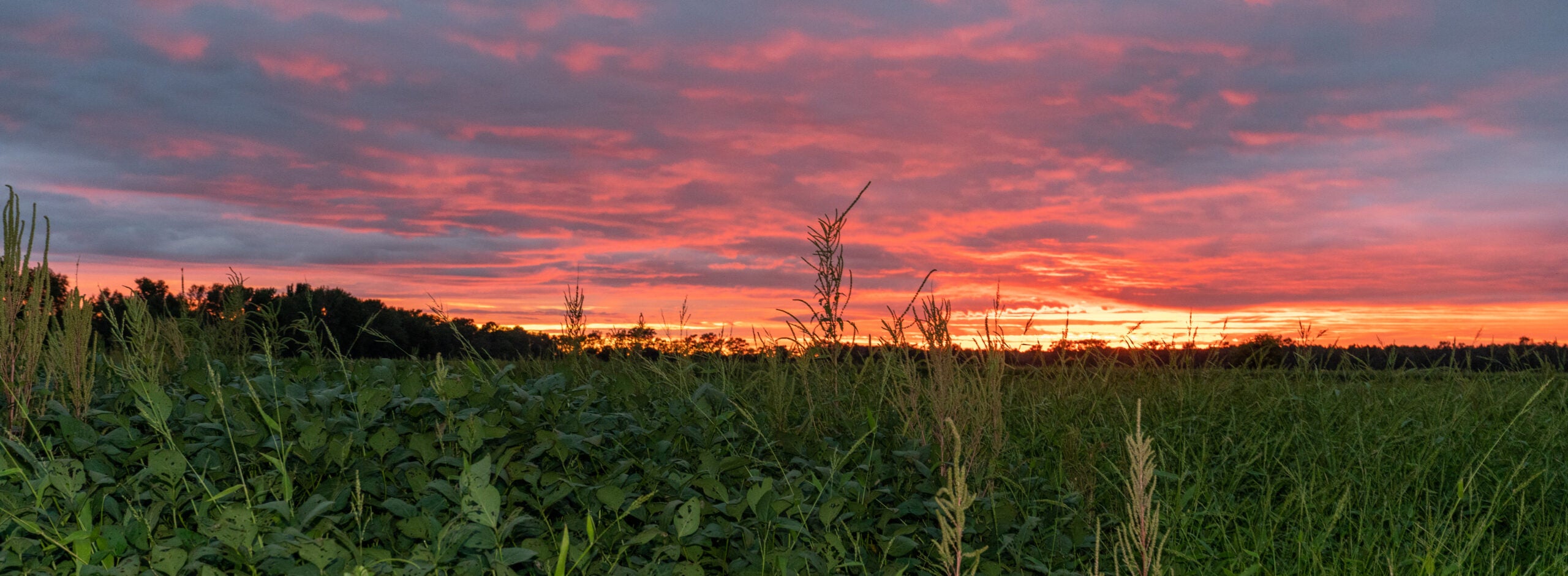HHP highlights on National Rural Health Day
As North Carolina and other states celebrate National Rural Health Day on Nov. 16, this is also a time for East Carolina University’s College of Health and Human Performance to celebrate its impact in eastern North Carolina.
Grants and contracts awarded to HHP last fiscal year totaled $13,766,450.00. This total ranked second at ECU, behind only the Brody School of Medicine, and many of the research projects focused and/or will continue to focus on impacting different aspects of rural health.

East Carolina University’s Angela Lamson, a Nancy W. Darden Distinguished Professor in human development and family science, looks at a chart with Greene County Health Care Dr. Sampoorna Velineni, left, and medical assistant Anthony Smith at the James D. Bernstein Community Health Center. (ECU Photo by Rhett Butler)
Browsing ECU News stories that feature HHP provides an opportunity to further understand the work of faculty, staff and students in rural health settings.
The North Carolina Department of Health and Human Services noted that National Rural Health Day falls on the third Thursday in November each year and recognizes the efforts of those serving the health needs of 4.6 million people who live in one of the state’s 70 rural counties across North Carolina.
In HHP, recent examples include Drs. Joseph Lee and Leslie Cofie as research leaders in the NCDHHS Office of Rural Health’s five-year, nearly $6 million Community Partnerships to Advance Science for Society award from the National Institutes of Health, for the proposed Agricultural Workers Digital Equity Initiative. Also, Dr. Sarah Maness was recently selected for participation in the 2023-24 American Academy of Health Behavior’s Research Scholars and Mentors Program, which serves as a research home for health behavior scholars whose primary commitment is to excellence in research and the application of research to practice to improve the public’s health. The Department of Health Education and Promotion finished the last academic year with 41 externally funded awards totaling $5,624,747, which was another record-breaking year, and the School of Social Work is known for providing free continuing education to the social work practice community, an important resource for maintaining social work licensure.
One of HHP’s priories also is student access to high-impact educational experiences, such as fieldwork, internships, community-based learning, undergraduate research, writing-intensive courses, global learning, study abroad and common intellectual experiences.
